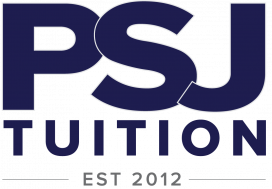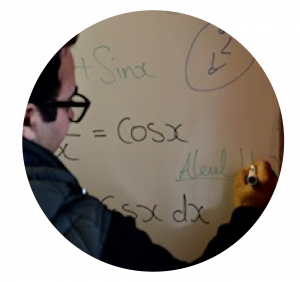Parents can serve as powerful motivators for their children. Encouraging and celebrating
their successes, no matter how small, can boost their self-confidence and create a positive
learning environment. Additionally, parents can help students set realistic goals and offer
guidance on developing effective study habits.
5. A study published in the Journal of Educational Psychology revealed that parental
academic involvement was positively related to students’ motivation and engagement in their
studies.
The role of parents in supporting O and A Level students in school and private tuition cannot
be overstated. By actively engaging, communicating, and fostering a growth mindset,
parents create an environment that enhances their children's academic success and overall
well-being.
Private tuition, when chosen wisely, can complement school education and address specific
learning needs. Striking a balance between support and independence empowers students
to become self-reliant learners and sets them on a path to future success. With parental
involvement, students can confidently navigate the challenges of O and A Levels, unlocking
their full potential and paving the way for a bright future.
Reference:
1. Sanders, K. T., & Horn, K. M. (2002). The relationship of parental involvement and
student achievement: A meta-analysis. The Journal of Educational Research, 95(5), 269-287.
2. Rohner, R. P., Cortina, J. E., & Brown, J. P. (2003). Parental involvement and high
school achievement: Evidence from the National Education Longitudinal Study.
Journal of Educational Psychology, 95(2), 330-343.
3. Hanson, R., & Pugliese, C. (2020). Parent and Family Involvement in Education:
2019. First Look. NCES 2020-076. National Center for Education Statistics.
4. McFarland, J., Hussar, B., Wang, X., Zhang, J., Wang, K., Rathbun, A., … & Mann, F.
B. (2018). The Condition of Education 2018. NCES 2018-144. National Center for
Education Statistics.
5. Chen, X., & McWayne, D. J. (2012). Parental academic involvement and students’
motivation and engagement in their studies: A meta-analysis. Journal of Educational
Psychology, 104(3), 701-717.
6. Dweck, C. S., Chiu, M. C., & Hong, Y. (2007). Promoting a growth mindset in the
classroom: A classroom intervention that improves students’ motivation and
achievement. Psychological Science, 18(1), 67-73.
7. Dweck, C. S., & Mueller, C. M. (1998). Praise for intelligence can undermine
children’s motivation and performance. Journal of Personality and Social Psychology,
75(3), 336-346.
8. Yeager, D. S., Dweck, C. S., & Elliot, G. (2010). The effects of feedback on students’
mindsets and achievement. Learning and Individual Differences, 20(1), 1-13.
9. Hussar, B., Zhang, J., Hein, S., Wang, K., Roberts, A., Cui, J., … & Dilig, R. (2020).
The Condition of Education 2020. NCES 2020-144. National Center for Education
Statistics.
10. Chen, X., McWayne, D. J., & Raver, C. C. (2015). The effects of private tutoring on
student achievement: A meta-analysis of randomized controlled trials. Review of
Educational Research, 85(2), 271-311.
11. Chen, X., Zhang, H., & McWayne, D. J. (2016). The balance of autonomy support
and structure in parenting and adolescent academic achievement: A meta-analytic
review. Journal of Youth and Adolescence, 45(1), 133-152.


